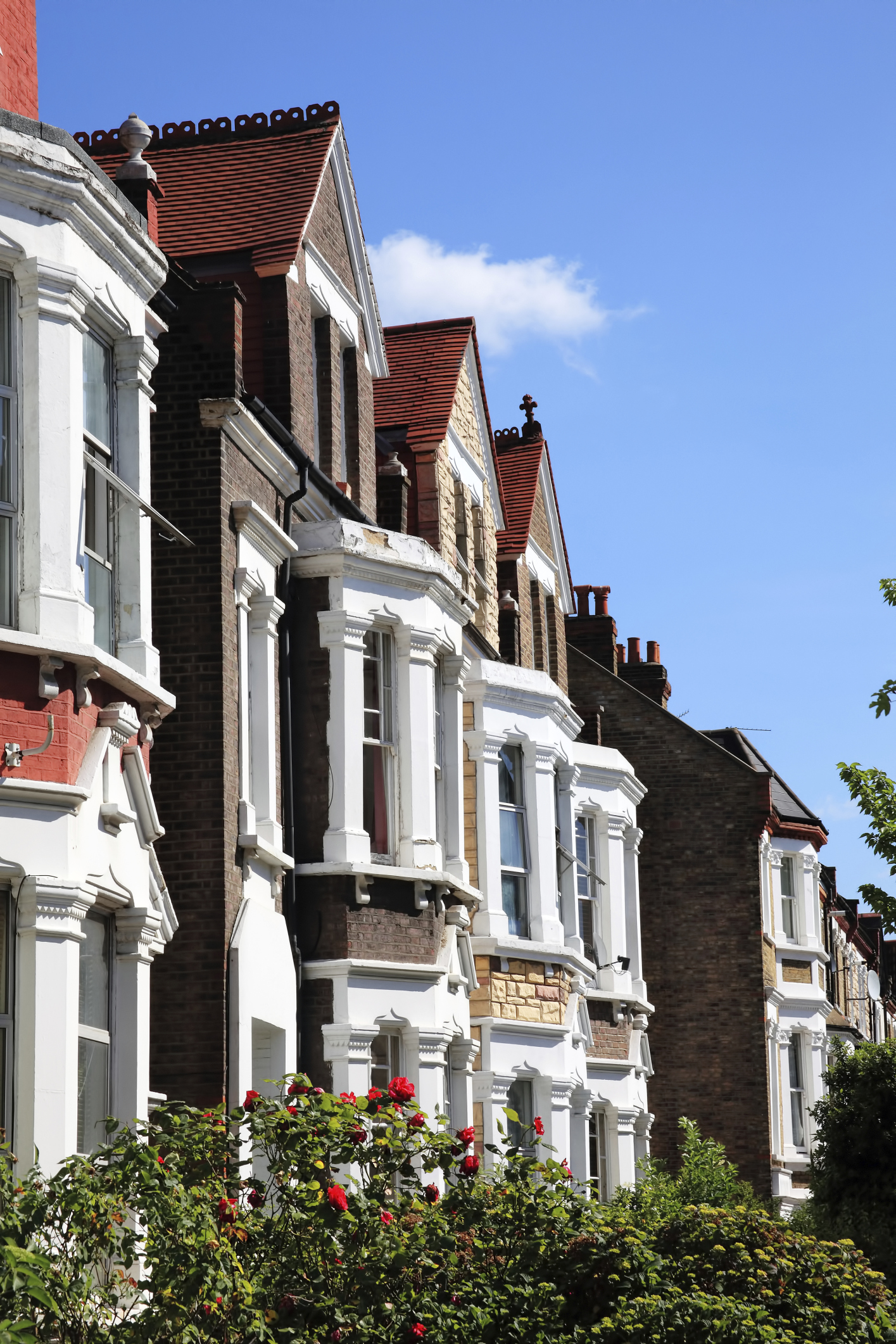Housing could become less affordable for many in the year ahead if the level of demand continues to race ahead of supply, the latest house price index from Nationwide has implied.
 The average house cost rose by 1.4 per cent in December, the greatest jump seen for more than four years, renewing fears of an imminent housing bubble as house prices are expected to grow further in 2014.
The average house cost rose by 1.4 per cent in December, the greatest jump seen for more than four years, renewing fears of an imminent housing bubble as house prices are expected to grow further in 2014.
Robert Gardner, chief economist at the building society warned, “If demand continues to run ahead of supply in the quarters ahead, affordability may become stretched”.
Alexander Gosling, director of the online estate agents Housesimple.co.uk, comments: “The gulf is shrinking to just a gap. London is still in a league of its own, but finally some other regions are seeing price rises to match those of the South East.
“The housing market spent the first half of 2013 deeply polarised between South East England and the rest, but by the end of the year the momentum had begun to spread further afield.
“Posting nearly 15 per cent annual growth, average prices in the capital are now at record levels, 14 per cent above their 2007 peak.
“Property market bulls insist this is no bubble, but such double-digit growth is clearly unsustainable. Interest rates will surely rise in 2014 and those buying in haste and beyond their means now may repent at leisure later.”
Jeremy Duncombe, Director of Legal & General Mortgage Club comments on the Nationwide house price index: “House prices look set to rise in 2014 in a similar pattern to how they grew during the latter part of 2013. Now that confidence is once again returning to the market it is a good time for homeowners to consider re-mortgaging to take advantage of low rates, especially as interest rates are likely to rise in the short to medium term as the UK economy continues to grow.
“However, there also needs to be an increase in the number of new homes being built if more people are to realise their dream of buying their own home. House builders, such as Persimmon and Barratt are still building fewer new homes each year than before the recession and expect this to continue until 2017 at the earliest. A lack of homes leads to increased competition and prices, making it harder to buy a house.”




